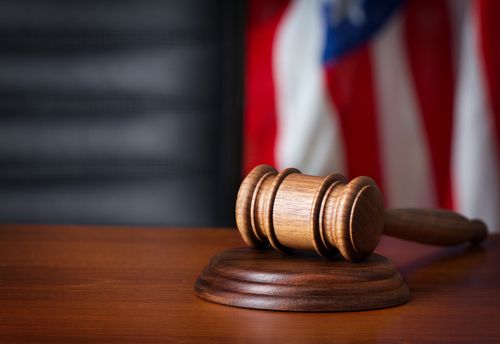 The Supreme Court has recently taken a stand on employment laws and how they apply to religious schools. Its decision will better allow religious schools and similar organizations to pick and choose who they hire and who they let go. The deciding court case came about after two teachers were fired from Catholic schools in California. Both attempted to sue their respective schools on the basis that they had been fired for discriminatory reasons; one claimed she had been fired due to her age, and the other claimed she was fired because she had recently been diagnosed with breast cancer. The court’s decision to exempt religious schools from anti-discrimination laws in these situations was ultimately based on religious freedom. The case makes it clear that in the future, religious organizations will be exempt from some of the laws that would apply to others.
The Supreme Court has recently taken a stand on employment laws and how they apply to religious schools. Its decision will better allow religious schools and similar organizations to pick and choose who they hire and who they let go. The deciding court case came about after two teachers were fired from Catholic schools in California. Both attempted to sue their respective schools on the basis that they had been fired for discriminatory reasons; one claimed she had been fired due to her age, and the other claimed she was fired because she had recently been diagnosed with breast cancer. The court’s decision to exempt religious schools from anti-discrimination laws in these situations was ultimately based on religious freedom. The case makes it clear that in the future, religious organizations will be exempt from some of the laws that would apply to others.
What Does This Decision Mean?
Anti-discrimination laws in the United States, also called fair employment laws, protect individuals from being fired on the basis of their race, gender, or other traits. There can be some gray areas when interpreting these laws, especially in regard to religious organizations, which often claim that certain traits may make a person unfit for a position based on its values. Proponents of exempting church-run schools and others from fair employment laws often base their arguments on freedom of religion. The argument is that forcing a religious organization to continue to employ someone who does not fit its values violates religious freedoms.
Now, as per the court’s ruling, religious organizations are effectively exempt from the regulations that allow individuals to file suit after being fired for physical traits or characteristics. While it will have some important ramifications, this decision is not far off from previous exceptions to employment laws. Ministers and other church leaders, for example, have been widely considered exceptions to the rules. The court’s decision solidifies this rule while also extending it to include teachers and others.
How Might This Decision Change Current Situations?
Credit can be given to the Supreme Court for opting to protect freedom of religion in this situation; however, its interpretation of the situation will not be without complications. While it makes sense that the government should not be able to interfere in instances of a church choosing its leaders and teachers, when it comes to schools, there can be a lot of overlap between religious and non-religious positions. For instance, many teachers in Catholic schools may also teach non-religion-related subjects, such as English or science.
In theory, the court’s ruling means that teachers who teach subjects unrelated to religion would still be protected by fair employment acts, but this will likely work better on paper than in real life. Many religious schools consider all of their teachers to play some role in spreading a message that aligns with the faith’s beliefs, meaning that all will be subject to the new exception to the rules. In any case, the change to employment laws is not something to be taken lightly as, whether for better or for worse, it has the potential to affect hundreds of thousands of teachers throughout the nation. The decision reflects a developing trend of the current Supreme Court to favor freedom of religion over other aspects of US law.
Looking at the Bigger Picture
This recent Supreme Court case will change the way employees are able to be treated within religious organizations. Rather than having to abide by fair employment policies, church-run schools can now selectively treat some employees differently than others based on any chosen criteria. This may be a victory for proponents of religious freedom, but it may also create new challenges for those employed within the affected organizations.



